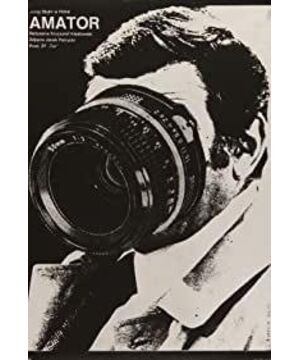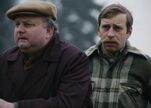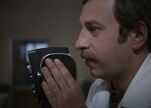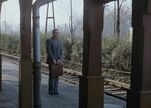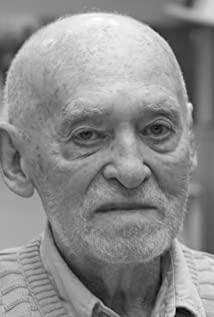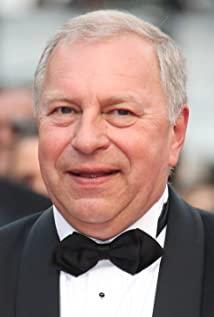Truth is uncertain. There is no uniform and absolute standard. Kieslowski used Zanussi and his film to express this view in the film. Philip was very interested in this view. It seems that this can be a reasonable reason for him to act. But it is precisely this kind of standard flexibility that makes Philip's problem not only not resolved, but tends to collapse. He lacks rules of conduct. This is the root of Philip's arrival. In fact, it is questionable whether such a flexible view is really what Kieslovsky wants to convey through the film. At the beginning of the film, an eagle preys on a chicken. Later we know that this may come from the dream of Philip's wife. Such dreams show an objective natural truth: the weak eat the strong. But this criterion does not definitively point to-who is the strong one? Who is the weak? On the one hand, it seems to correspond to the various political censorships Philip was subjected to when shooting the film, and on the other hand, it seems to correspond to Philip's family. This dream of Philip's wife reflects her anxiety about the possible harm of her newborn daughter to this small family. She needs Philip to help her relieve this anxiety. However, in real life such a relationship is just the other way round, and Philip, who was originally a strong side, has become a weaker. His wife took their daughter and left him without hesitation. In the film, Philip tried to do good by exposing the corrupt side of society, but instead stopped the repair project and hurt his friends. These are exactly what the film shows through Philip and his lens. The originally definite reality became uncertain, and many originally obvious truths were hidden.
Nevertheless, this is not a movie that promotes uncertainty and flexibility standards, but a movie that uses uncertainty to express certainty. The reality is disguised and the truth is concealed, which makes us more aware of the importance of a certain ethics and truth. They are hidden in this ambiguity. For movies, the ethics of the camera is based on the director's own ethics. Although it cannot be said that Philip, the protagonist of the film, is an immoral person, at least he lacks a strong ethics and morality. His own inaction caused him to lose his family. Although the documentary he shot has been recognized by the film festival, the shooting method also made some people feel violated. At the same time, political censorship in the film has not only become a reference to the history of the film, but also an important driving force for the pursuit of ethics. Because it is under the censorship that the director's ethics and morality are particularly important. This is exactly the anxiety that the director conveys through the film—compared to the film, it is the anxiety of the filmmaker. So in the end, Philip pointed the camera that was originally on the street at himself. He started to monologue, and the narration seemed to be exactly what happened at the beginning of the film, but the two differed in many details. This makes it impossible for us to determine whether these are the same thing or two things that happened at different points in time but are somewhat similar in behavior. But the pursuit of narrative vagueness will not bring any useful changes to Philip. Because compared to the relative and vague narrative, the function of "seeing" is obviously more important here. Stare at yourself, reflect on yourself. This moment is also when he, as a filmmaker, awakened his self-awareness again after getting the camera for the first time.
View more about Camera Buff reviews


